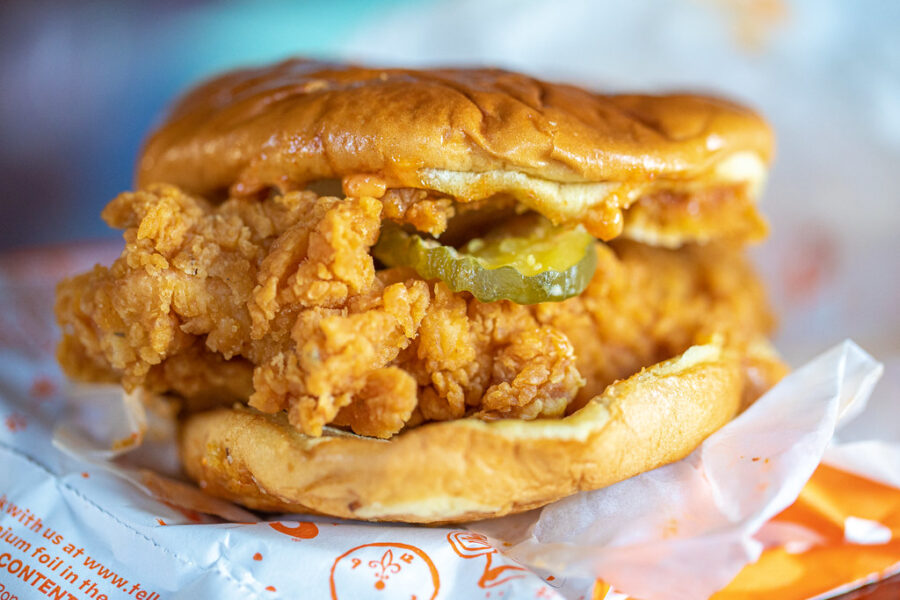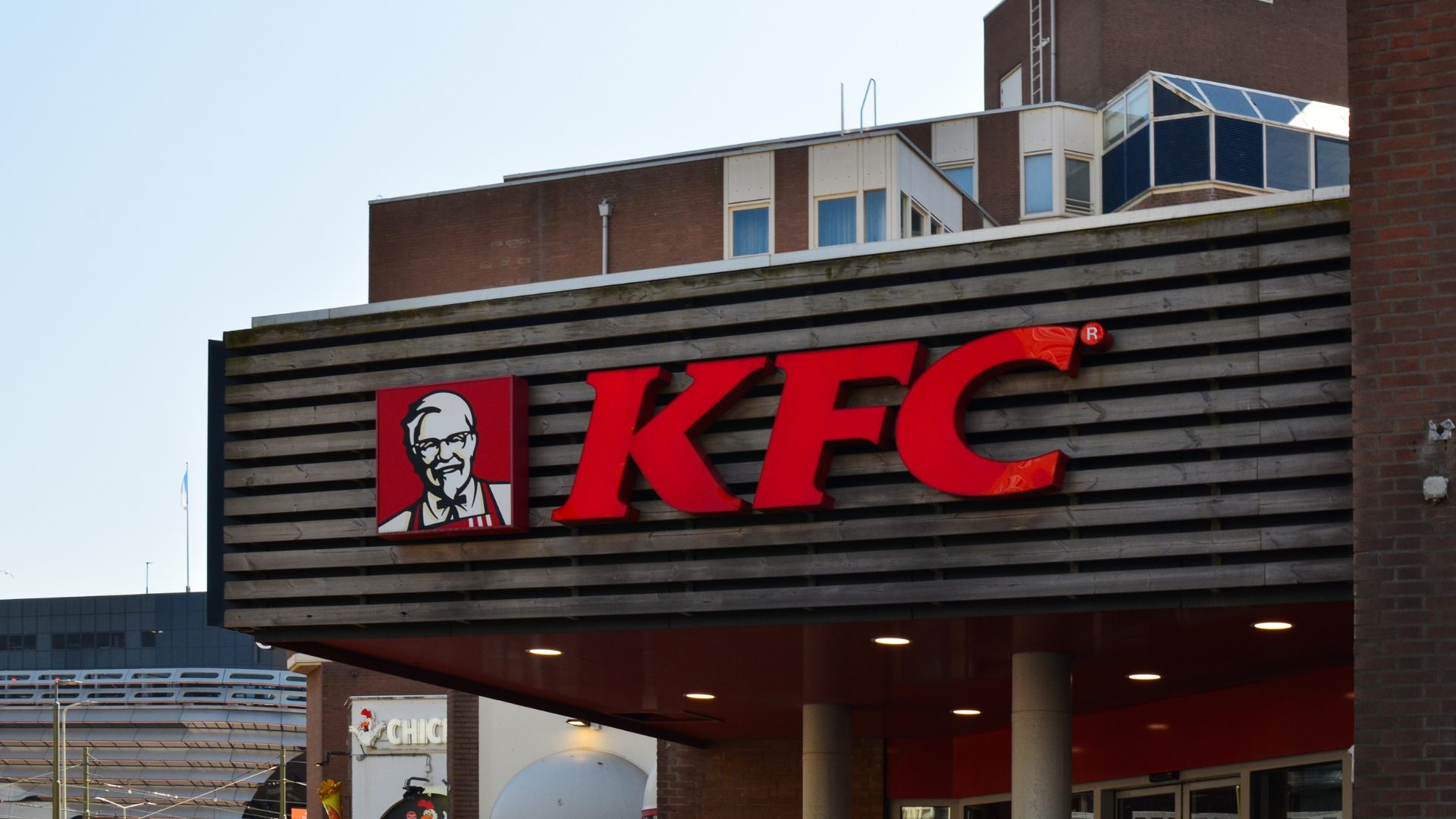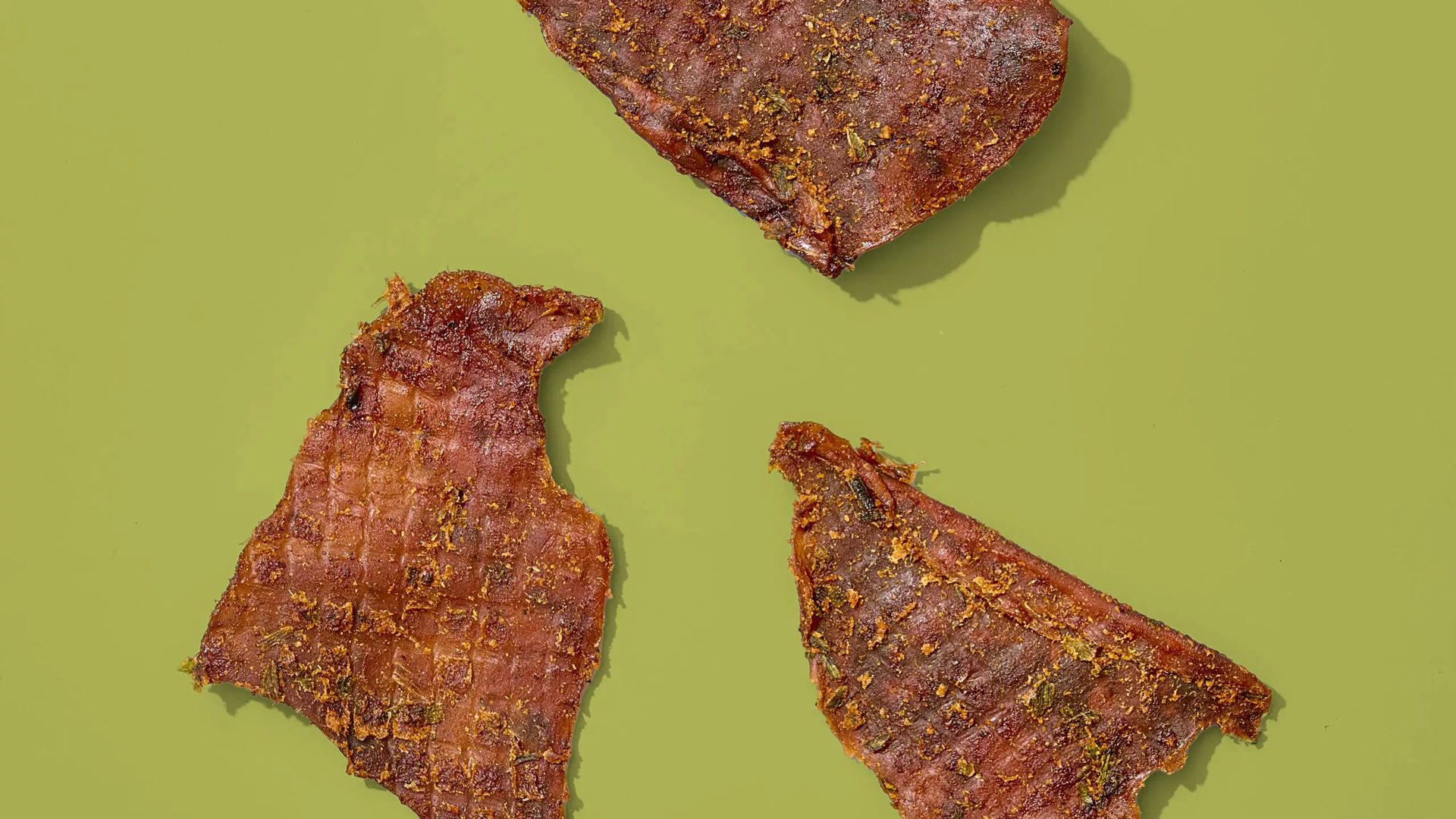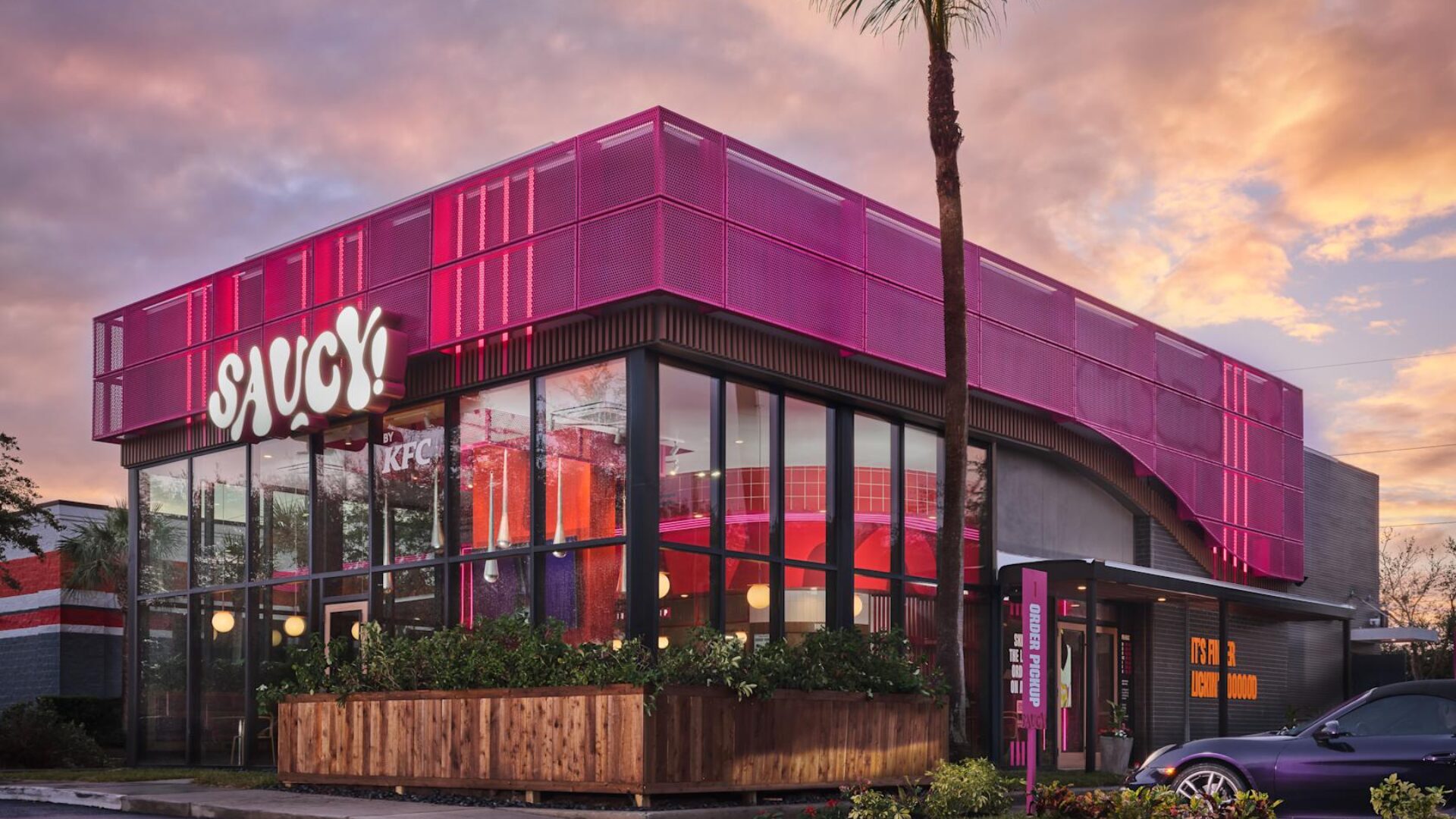The growing popularity of chicken sandwiches has pitted chicken producers against restaurant chains as the latter increasingly seeks birds in the 4-pound range, The Wall Street Journal reported.
Restaurants are finding it tougher and more expensive to secure supplies of smaller birds, especially in the wake of the pandemic, which saw the slaughter of small birds halved between 2005 and today, the Journal reported.
Chicken producers say it’s more expensive to grow smaller birds and years ago switched to developing 8-pound, big breasted varieties. Dan Shapiro, chief executive of Krispy Krunchy Foods, which supplies C-stores and stadium concession stands with chicken products, told the Journal smaller birds are needed to satisfy consumer demand for chicken sandwiches.
The Journal reported KFC and Chick-fil-A, the two biggest chicken chains, also prefer the smaller birds. KFC has warned franchisees about supply pressures. The two biggest suppliers, Tyson Foods and Pilgrim’s Pride, say they’re reluctant to switch facilities to small bird production despite the demand.
Meanwhile, in other ag-related news:
Renewable energy: Developers nationwide plan to build projects to convert crops and agricultural waste into energy in the push to replace fossil fuels under the Inflation Reduction Act, The New York Times reported. Geoff Cooper, CEO of the Renewable Fuels Association, told the Times many producers already are taking steps to install new technology to take advantage of the $140 billion in tax incentives, loans and grants provided under the legislation. Environmental groups, however, are wary, saying the effort might lead to additional pollution.
Soil fertility: Persistence Market Research reports soil fertility testing is expected to grow to a $2.28 billion market in the next decade, up from $1.16 billion in 2022, driven by increasing demand for food and decreasing arable land. In a report released April 6, PMR found soil testing is most popular in North America and Europe, driven by efforts to promote sustainable agriculture practices.
SNAP: The expiration of expanded pandemic food-stamp benefits presents grocers a unique opportunity to attract price-sensitive SNAP shoppers by creating a personalized experience that will inspire loyalty, Shekar Raman, CEO and co-founder of Birdzi, said in an email to The Food Institute.
Raman said engaging customers goes beyond finding the right deal: It’s about finding the right way to deliver the deal to create the greatest impact, recommending grocers use analytics to predict and protect profitability.
The Food Institute Podcast
Click the play button above to listen to the episode.
How did a small sub shop from Point Pleasant, New Jersey, grow into a 2,400-store operation across 50 states? Jersey Mike’s Franchise Systems Inc. senior vice president Caroline Jones shares the company’s evolution after deciding to franchise the concept in 1987. Additionally, Jones shares stories of growing up in the business, and how the company’s philanthropic efforts help to endear franchise locations to each community they serve.












